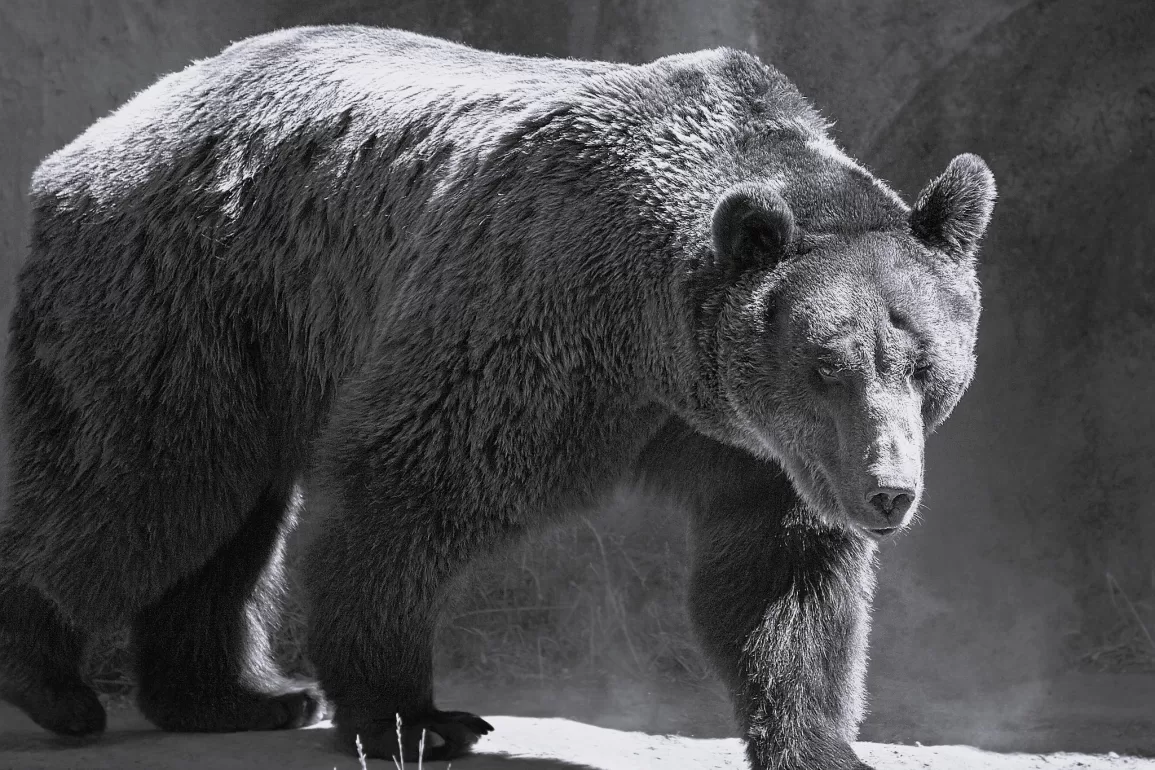Bug had the farthest to drive, but he was the first to arrive. Was it a coincidence that he was also the youngest? Setting up camp would have been his job, anyway. He got out of the Ford to unhitch the metal link chain that blocked the entrance to the short gravel road. It led to the camp his father built for the family in the 1920s. He left the chain down for the others to follow. Bug parked furthest...

Bug by John Whittier Treat
fiction
